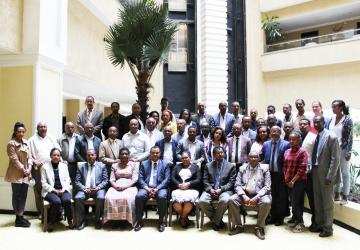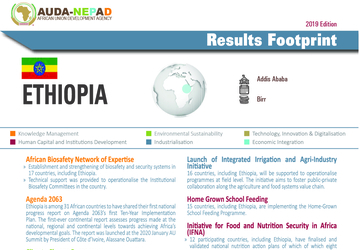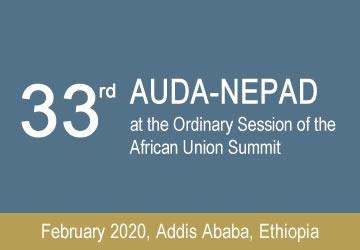 Ethiopia
Ethiopia
Official Name: Federal Democratic Republic of Ethiopia
Capital: Addis Ababa
Currency: Birr
Key Result
More than 25,000 women were reached through the support of nine project. Ethiopia’s first Women’s Bank, ENAT Bank, was established as a direct result of women’s groups and policymaker’s active participation in consultative forums.
The LIVE-Addis project focused on the economic and social empowerment of vulnerable, young women between the ages of 17-28 living in Addis Ababa. Interventions included marketable vocational skills training, reproductive health training and HIV/AIDS sensitisation.
The Trampled Rose, Inc. Project improved the general health and living conditions of women in Ethiopia who suffer from Obstetric Fistula. The project rehabilitated 30 women annually, over a 3 year period and provided them with the necessary care, skills and knowledge to generate their own income and reintegrate into society.
The creation of functional biosafety systems in Ethiopia has been supported through training of regulators in the basics of biosafety science, policy and regulation, GM crop risk assessment and management, and biosafety communication and awareness raising.
The development of various technologies and innovations, including the development of drought and disease resistant sorghum, finger millet sweet potato, has been supported.
Ethiopia is one of the beneficiaries to an 8 715 km road/rail project which entails combining the Trans-Maghreb Road Corridor (TAH 5) from Dakar to N’djamena and TAH 6 from N’djamena to Djibouti, and the Construction of Navigational Line between Lake Victoria and the Mediterranean Sea Project focuses on water management and intermodal transport.
The continent aims to restore 100 million hectares of degraded land by 2030. To-date, Ethiopia has committed 5.1 million hectares.
Over 1 300 women were trained in entrepreneurship, leadership and environmental protection and management skills in collaboration with the Ministry of Women, Children and Youth Affairs of Ethiopia. Relatedly, the Government of Ethiopia allocated about 60 hectares of land for afforestation, and subsequently, about 290 000 seedlings were planted. Also research on the most appropriate agricultural “best practices” towards adaptation to climate change was conducted.
Measured the cost of hunger in Ethiopia estimated at USD4.5 billion to catalyse coordinated action and inform the design of nutrition-oriented policy frameworks and programmes, with greater investments to eradicate child under-nutrition.
Ethiopia received USD51.5 million from the Global Agriculture and Food Security Programme for boosting incomes of rural people and increasing food security by developing the untapped potential of high-potential areas.
Related
Projects

A critical AU Model Law aimed at harmonizing medical products regulatory systems in Africa was endorsed by African Heads of State and Government at the January 2016 AU Summit in Addis Ababa, Ethiopia. The AU Model Law will contribute towards accelerate the regulation of safe, quality and affordable medical products and technologies in Ethiopia.
In 2015, Ethiopia successfully hosted and participated in the inaugural IGAD Member States NMRA’s meeting and signed the Call for Action to implement a regional Medicines Regulatory Harmonization (MRH) programme. A follow up meeting was convened in 2016 and agreed to establish an IGAD MRH Steering Committee, Technical Working Groups (TWG’s) and a Coordination Unit.



Measuring the Cost of Hunger in Africa: This study was completed in 4 countries (Egypt, Ethiopia, Swaziland and Uganda). The overarching objective of the multi-country study led by the AUC, NEPAD, WFP and UNECA, is to catalyse coordinated action and inform the design of nutrition-oriented policy frameworks and programmes, with greater investments to eradicate child undernutrition on the continent.
10 findings from the first phase of the “Measuring the Cost of hunger” study:
- There are more stunted children in Africa today than there were 20 years ago.
- 69 to 82 per cent of all cases of child undernutrition are not properly treated.
- Most of the health costs associated with undernutrition occur before the child turns one year old
- 4 between 7 and 16 per cent of grade repetitions at schools are associated with stunting.
- Stunted children complete 0.2 to 1.2 years less in school education.
- 8 to 28 per cent of all child mortality is associated with undernutrition.
- Child mortality associated with undernutrition has reduced national workforces by between 1 and 8 per cent
- 40 to 67 per cent of working-age populations suffered from stunting as children.
- The annual costs associated with child undernutrition reach values equivalent to 1.9 to 16.5 per cent of gross domestic product.
- Eliminating stunting in africa is a necessary step for inclusive development on the continent.

CAADP Compact: Ethiopia signed the CAADP Compact on 27 - 28 September 2009.
Capacity Building: The country is in advanced stages of implementing its National Agriculture Investment Plan (NAIP) through the support of NEPAD. Ethiopia has also developed its Policy and Investment Framework – the roadmap for its agriculture and rural development over the next decade.
Technical experts were deployed to Ethiopia in September 2010 to undertake independent technical reviews of its National Agricultural Investment Plans (NAIPs). Ethiopia also completed an assessment of Agricultural Joint Sector Reviews (JSRs) practices and undertook study on agriculture public expenditure and received support in establishing its Strategic Analysis Knowledge Support System (SAKSS) to inform and guide the CAADP implementation process.
Business: From 6 – 7 December 2010, the NEPAD Agency facilitated Ethiopia’s first Business Meeting.
Funding: Recipient of funding from G8’s New Alliance for Food Security and Nutrition in collaboration with Grow Africa. Also received funding from the Global Agriculture and Food Security Programme (GAFSP), amounting to USD 51.5 million.


Project : TAH programme
Description : This is phase I of the continental connectivity programme that focuses on completion and standardisation of the TAH missing links by 2030
Project : Single African Sky phase 1 (design and initial implementation)
Description : Single African Sky is a continental programme that will create a high-level, satellite-based air navigation system for the African continent
Project : Yamoussoukro Decision implementation
Description : Accelerate Yamoussoukro Decision implementation by identifying countries that are ready to fully implement it, and discussing and agreeing with both their governments and airlines to launch the voluntary club on a full membership basis
Project : ICT Enabling Environment
Description : This programme would improve the environment for the private sectors to invest in high-speed broadband infrastructure
Project : ICT Terrestrial for Connectivity
Description : This programme has two main components : secure each country connection by at least two broadband infrastructure and ensure the access to submarine cable to all landlocked countries
Project : Internet Exchange Point (IXP) programme
Description : The aim of this programme is to provide Africa with adequate internet node exchange to maximise internal traffic
Project : Renaissance Dam
Description : Develop a 5,250 MW plant to supply domestic market and export electricity on EAPP market
Project : North–South Power Transmission Corridor
Description : 8,000 km line from Egypt through Sudan, South Sudan, Ethiopia, Kenya, Malawi, Mozambique, Zambia,
Project : Djibouti-Addis Corridor
Description : This programme would resuscitate the rail system in a high priority multimodal ARTIN corridor in Eastern Africa and increase the flow of goods across the border between Djibouti and Ethiopia. It would also design and implement a smart corridor system for both road and rail transport


Technical capacities were strengthened to establish and manage functional biosafety systems for the safe use of modern agricultural biotechnology. Other technical support included national biosafety training workshops, biosafety short courses at African institutions and partner institutions outside Africa, notably at Michigan State University in the USA, biosafety internships, technical consultation support, and biosafety information resources.
Biosafety short courses form an integral component of ABNE activities in Africa. In 2014, ABNE presented a biosafety short course at Makerere University in Uganda and agricultural biotechnology short courses at Michigan State University in the USA. A total of 24 regulators drawn from Ethiopia, Kenya, Malawi, Mozambique, Tanzania, Uganda and Zimbabwe gained broad insights into the basics of biosafety science, policy and regulation, GM crop risk assessment and management, and biosafety communication and awareness creation.
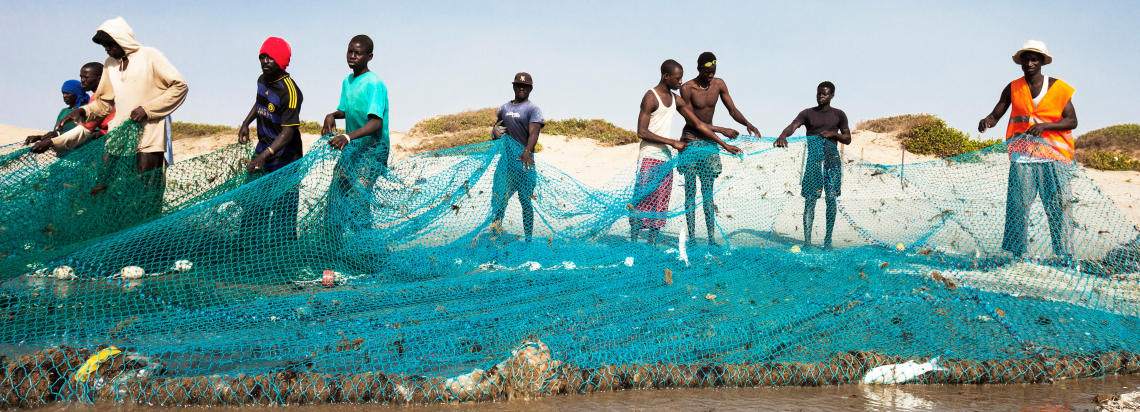
Results:
•359 291 women capacitated through CSO and grassroots organizations including 92 Local authorities and state government in the six geopolitical zone of Nigeria. Namibia 13 Council has implemented Action Plan for Gender Aware Service Delivery and 384 Parliamentarian in the region of Tigray, Amhara and Somalia facilitated research support from 250 graduated students for Gender Aware Parliamentarian Oversight.
•74 435 women empowered economic and financial terms: Income generation skills; Deployment of technical assistance to boost agriculture production for both consumption and commercial purposes; Accessing agricultural extension services; Promotion of gender inclusiveness in decision making; Creation of enabling environment to access land; Land tenure and legalization of land title for women; Youth job creation; SME management; Informal and Regional Trade development.
•25 438 women support through institutional based capacity building
•74 435 women empowered economic and financial terms: Income generation skills; Deployment of technical assistance to boost agriculture production for both consumption and commercial purposes; Accessing agricultural extension services; Promotion of gender inclusiveness in decision making; Creation of enabling environment to access land; Land tenure and legalization of land title for women; Youth job creation; SME management; Informal and Regional Trade development.
•25 438 women support through institutional based capacity building
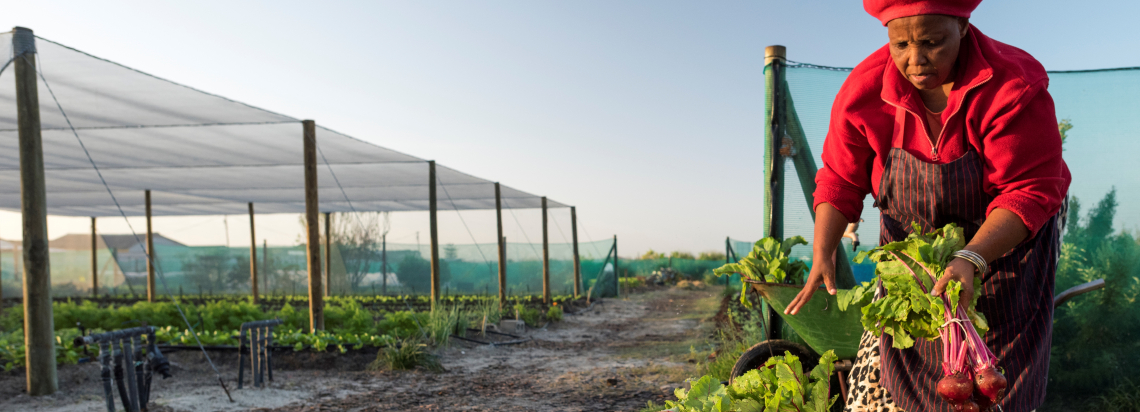
Resulting from an innovative process of consultations involving women smallholder farmers on the ground and various stakeholders (a participatory and multi stakeholder approach), desk reviews and country case studies, the Gender Climate Change and Agriculture Support Programme intends to benefit 36,000 women farmers in Ethiopia. To achieve implementation at the ground level, GCCASP will provide implementation support in the areas of closing policy and institutional gaps, building the capacities of women smallholder farmers, the creation and strengthening of women platforms and investing in up-scaling of successful and innovative practices.
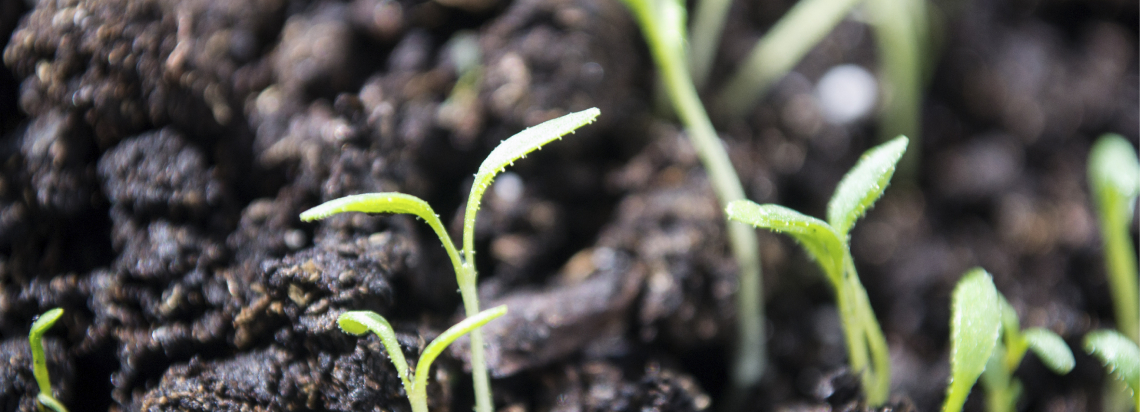
In an effort to combat and mitigate the challenges posed by climate change, over 1 300 women in Ethiopia were trained in entrepreneurship, leadership and environmental protection and management. This was undertaken in collaboration with the Ministry of Women, Children and Youth Affairs of Ethiopia. Relatedly, the Government of Ethiopia allocated about 60 hectares of land for afforestation, and subsequently, about 290 000 seedlings were planted.
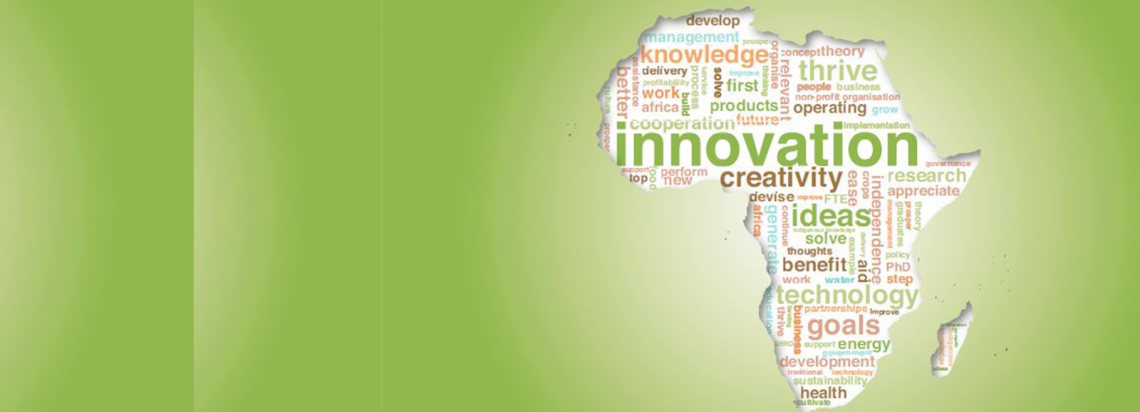

Advocacy and Strengthening of Negotiation Capacities on Post-2015 Development Agenda through the Common African Position (CAP)
Global Partnership for Effective Development Cooperation (GPEDC)
The Global Partnership is an inclusive political forum bringing together governments, bilateral and multilateral organisations, civil society and representatives from parliaments and the private sector, committed to strengthening the effectiveness of development co-operation to produce maximum impact for development. Through its multi-stakeholder platform, the Global Partnership provides support, guidance and shares knowledge to boost development impact with a strong country focus, and to ensure a degree of coherence and collaboration among all development stakeholders on co-operation flows and policies. It offers a global mechanism to ensure co-operation is based on Busan principles of ownership, results, inclusiveness; and transparency and accountability to deliver tangible results on the new SDGs. NEPAD Agency is the Africa’s Secretariat for the Global Partnership.

Project : Dakar-Ndjamena-Djbouti Road/Rail Project
Description : An 8 715 km road/rail project which entails combining TAH 5 (Dakar to N’djamena) and TAH 6 (N’djamena to Djibouti)
Project : Construction of Navigational Line between Lake Victoria and the Mediterranean Sea
Description : This project has various components focusing on water management and intermodal transport

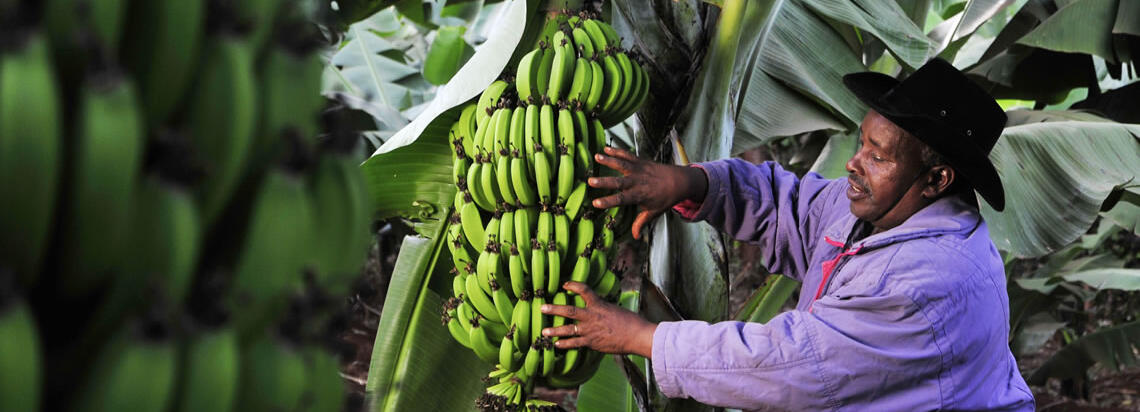
New Alliance for Food security and Nutrition and Grow Africa Partnerships: 16 LOIs from four domestic companies and 12
international.
• $33,270,000 of planned investment.
• $25,513,000 invested in 2014,making a
cumulative total of $52,388,475 to date.
• 630,689 smallholders reached in 2014.
• 93 jobs created in 2014.
• $1,151 million donor disbursements in 2014
(84% of expected).

Ethiopia was the first country to finalise its CSIF and is already rolling out the implementation programme. The Ethiopia Sustainable Land Management Investment Framework (ESIF) is a tool that the country is now using to guide the prioritisation, planning and implementation, by both the public and private sector, of current and future investments in SLM with the aim of addressing the interlinked problems of poverty, vulnerability and land degradation at the rural community level. Through this framework, both government and civil society stake-holders are working together to remove the barriers, and overcome the bottle-necks, to promoting and scaling up sustainable land management (SLM) within Ethiopia.
Cutting across five key focus areas ranging from land administration and certification, to policy, legal, institutional and financial environment for SLM, is already beginning to show results on the ground. Under its Sustainable Land management Program, the government of Ethiopia has already started issuing certificates to women land holders. During the first phase, certificates were issued to land holders and in the second phase of land certification will involve mapping the land holdings using satellite technology. The goal of this project is to halt land degradation.
• Through the support of the TerrAfrica Leveraging Fund (TLF), Ethiopia was able integrate SLWM into the national environmental and agricultural frameworks through the development of SLM Country Strategic Investment Frameworks (CSIF). Analyses on the costs and benefits of land management options and implementation of the Country Strategic Investment Framework (CSIF) on SLWM have been completed.
• As a result of the development of the CSIF, Ethiopia was able to align stakeholders and resources towards the implementation of The Watershed Management focusing on Smallholder driven SLWM Practices project which is aimed at reducing land degradation and improving the agricultural productivity of small holder farmers in the selected watersheds of six regions in Ethiopia.
• With the assistance of The Sahel and West Africa Program (SAWAP), capital investments, technical assistance and capacity building for small holder farmers and government institutions at national and sub-national levels would be provided towards Ethiopia’s Watershed Management Project.
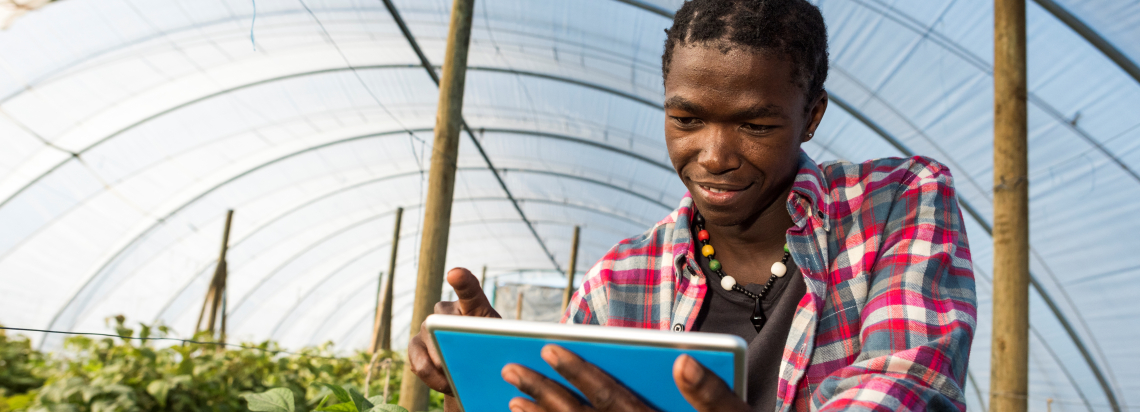
An Agriculture and Food Insecurity Risk Assessment Study was conducted in 2015, as a first step towards identification of priority risk management tools and policy instruments to be implemented in Ethiopia. A first Capacity Development workshop will be conducted in 2016 and will allow national stakeholders to better prioritize and be the main drivers of the way forward in terms of designing and implementing risk management instruments, including insurance schemes on selected crops, agriculture and market information systems, storage facilities to reduce post-harvest losses combined with already existing productive safety nets programs.
you agree to the AUDA-NEPAD Privacy Policy.






